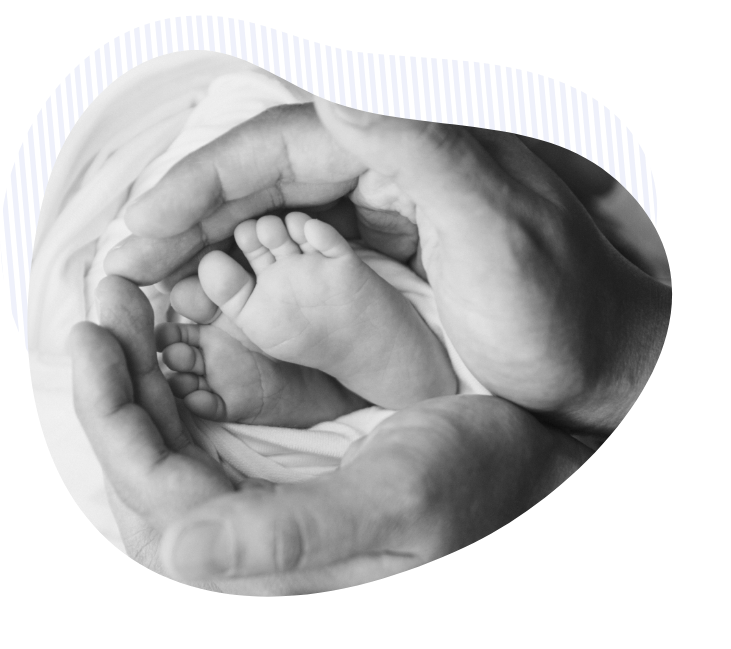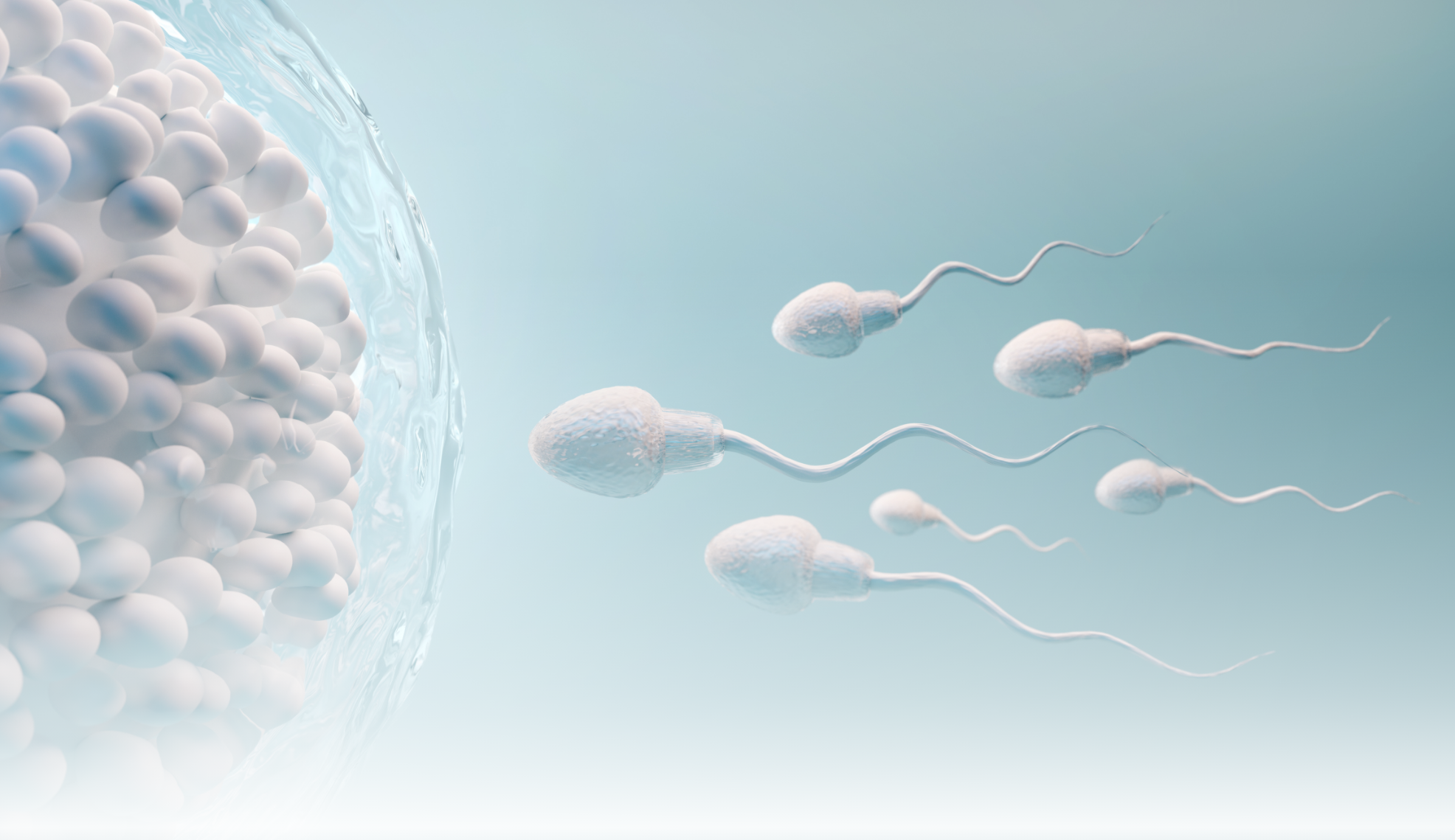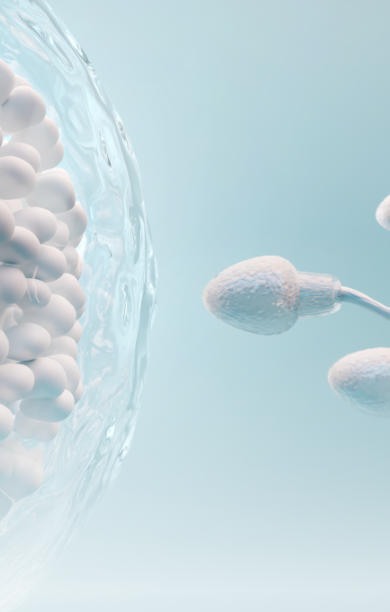






Intracytoplasmic Sperm Injection (ICSI)
with us.

When couples face male factor infertility and begin searching for an effective treatment, Intracytoplasmic Sperm Injection or ICSIcan come to their rescue. Reproduction specialists and Embryologists at American Hospital’s Fertility Center are experts in diverse treatment options for infertility, including ICSI, which greatly increases the likelihood of a successful in-vitro fertilization.
Sperms with low mobility or poor morphology can cause great difficulty in achieving fertilization, hence reducing the probability of creating pregnancy. Intracytoplasmic Sperm Injection (ICSI) is an option definitely worth considering in cases of facing male factor infertility.
ICSI is a common technique recommended when infertility is caused by problems with sperms. This procedure involves the extraction of sperms from a semen sample or through a testicular biopsy, and the selection of the healthiest sperm for a direct union with an egg, facilitating fertilization and pregnancy.
The reproductive specialists at American Hospital’s IVF Center may indicate ICSI when sperms fail to fertilize eggs despite undergoing multiple IVF cycles. It’s also an effective solution for men whose semen contains no or minimal sperm count.
Who Can Benefit from Intracytoplasmic Sperm Injection?
ICSI becomes a necessity, when the couple fails to achieve pregnancy due to male factor infertility, which can be caused by:
- Low sperm count
- Poor sperm motility
- Blocked ducts
- Difficulty achieving ejaculation
- High numbers of abnormal sperm
- Poor morphology
- Infectious disease or immune-mediated infertility


How is Intracytoplasmic Sperm Injection Performed?
1
STEP
STEP
Following a typical in-vitro fertilization procedure, ICSI begins with taking ovary stimulants to increase the number of mature eggs and improve their health in the ovaries.
2
STEP
STEP
While on ovarian stimulants, your gynecologist at American Hospital’s IVF facility will continually monitor the development of your ovaries through ultrasounds and blood tests. Once eggs are matured to a required size and number, they’re removed from the uterus through cervical cavity by using a minimally invasive procedure.
3
STEP
STEP
Next comes retrieval of sperms, which depends upon the underlying problem of a male infertility. For example, if ducts are blocked, sperms will be collected through surgery. If semen sample doesn’t contain enough number of sperms, the doctor will perform a biopsy to remove sperm-containing tissues from the testicles orextract sperms from the area where they’re blocked.
4
STEP
STEP
Following the collection of sperms, they are sent to an embryology laboratory where healthy sperms are selected using microscope, and then injected into healthy eggs. The egg with the injected sperm is then checked on the following day for signs of fertilization. When the fertilization takes place, it is monitored under controlled settings for a couple of days (5 – 7 days) to develop into an embryo. At this point, if the couple wishes, the embryo can be checked for the detection of any genetic disorder and chromosomal abnormalities. The embryo is then transferred to the woman’s uterus for implantation.

Schedule a Consultation
Intracytoplasmic sperm injection has turned out to be an effective option for couples experiencing male factor infertility. If you’d like to schedule an infertility evaluation, or have any further questions about ICSI, use our online booking form to make an appointment at American Hospital’s Fertility Center right away.
BOOK NOW






